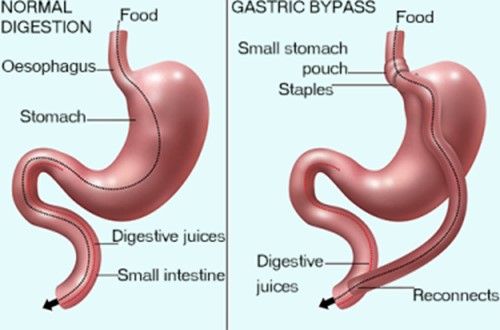Match using the choices provided:
Considered primary treatment for small cell lung cancer (SCLC)
Used to prevent metastasis to the brain
Electric current heats and destroys tumor cells
Best procedure for cure of lung cancer
Medications that block molecules involved in tumor
Correct Answer : A,B,C,D,E
a. Considered primary treatment for small cell lung cancer (SCLC): Chemotherapy b. Used to prevent metastasis to the brain: Prophylactic cranial radiation
c. Electric current heats and destroys tumor cells: Radiofrequency ablation d. Best procedure for cure of lung cancer: Surgery
e. Medications that block molecules involved in tumor: Biologic and targeted
Nursing Test Bank
Naxlex Comprehensive Predictor Exams
Related Questions
Correct Answer is D
Explanation
Nonsteroidal anti-inflammatory drugs (NSAIDs) are a class of medications commonly used to relieve pain, reduce inflammation, and lower fever. They work by inhibiting the production of prostaglandins, which are substances in the body that play a role in pain and inflammation. Celecoxib specifically belongs to the subclass of NSAIDs known as selective COX-2 inhibitors, which target the enzyme cyclooxygenase-2 (COX-2). By selectively inhibiting COX-2, celecoxib helps to reduce inflammation and pain while potentially minimizing the gastrointestinal side effects associated with traditional non-selective NSAIDs.
Correct Answer is ["A","C","D"]
Explanation
Each of your meals should contain about 10 tablespoons of food: After gastric bypass surgery, the stomach's size is reduced, and the patient's capacity to consume large quantities of food is limited. It is important to educate the patient about appropriate portion sizes to avoid overeating and potential complications.
Be certain to stay hydrated by drinking water: Hydration is crucial after gastric bypass surgery. Patients should be advised to drink enough water throughout the day to prevent dehydration and ensure proper bodily function.
Solid food can be introduced back into the diet in a week: Following gastric bypass surgery, the diet is initially limited to liquid and pureed foods. Gradually, solid foods can be reintroduced into the diet over time, typically after a week or as directed by the surgeon. This information is important for the patient to understand the progression of their diet post-surgery. You are likely to have little urine output for the first few weeks: This statement is not true and may cause unnecessary concern for the patient. Urine output should not be affected by gastric bypass surgery unless there are other complications.
Report any back, shoulder, or abdominal pain to the surgeon: While it is important to report any significant pain or discomfort to the surgeon, including back, shoulder, or abdominal pain, this is not specific to discharge teaching for gastric bypass surgery. Pain management and reporting should be covered during the post-operative care instructions, but it is not limited to discharge teaching alone.

Whether you are a student looking to ace your exams or a practicing nurse seeking to enhance your expertise , our nursing education contents will empower you with the confidence and competence to make a difference in the lives of patients and become a respected leader in the healthcare field.
Visit Naxlex, invest in your future and unlock endless possibilities with our unparalleled nursing education contents today
Report Wrong Answer on the Current Question
Do you disagree with the answer? If yes, what is your expected answer? Explain.
Kindly be descriptive with the issue you are facing.
